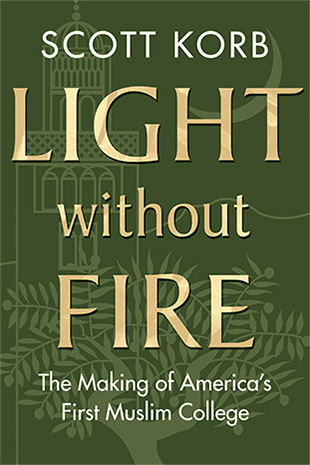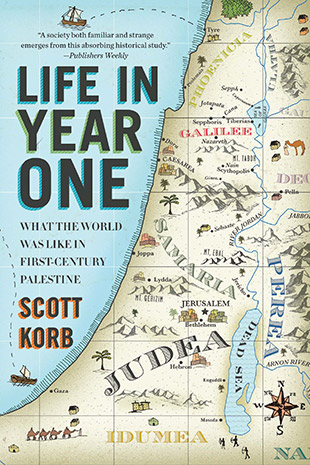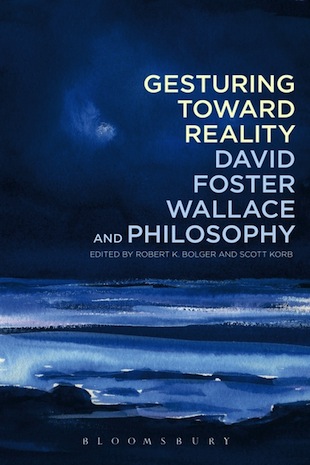The first extended look into the nation’s first Muslim institution of higher education, Zaytuna College.
Light Without Fire closely follows the inaugural class of Zaytuna College, the nation’s first four-year Muslim college, whose mission is to establish a thoroughly American, academically rigorous, and traditional indigenous Islam. Korb offers portraits of the school’s founders, Shaykh Hamza Yusuf and Imam Zaid Shakir, arguably the two most influential leaders in American Islam. Along the way, Korb introduces us to Zaytuna’s students, young American Muslims of all stripes, who love their teachers in ways college students typically don’t and whose stories, told here for the first time, signal the future of Islam in this country. It’s no exaggeration to say that here, at Zaytuna, are tomorrow’s Muslim leaders.
Praise for Light Without Fire
-
“
—A rare and precious book—intelligent, compassionate, and beautifully observed—one that will provide a necessary and vital contribution to any serious discussion of the role of Islam and religion in America.
”Dinaw Mengestu, 2012 MacArthur Fellow, author of How to Read the Air and The Beautiful Things that Heaven Bears
-
“
—[Scott Korb] tells the story of the leaders and animating ideas behind America’s first Muslim liberal arts college—an institution seeking to build an American Islam—in all its fits and starts, and in prose that is both clear and compelling. I for one could not put it down—it is essential and riveting reading.
”Eboo Patel, Founder and President, Interfaith Youth Core, author of Sacred Ground: Pluralism, Prejudice and The Promise of America
-
“
—A moving portrait of a little known but hugely significant coordinate in America’s spiritual geography. For this journey into the heart of 21st-century Islam, Scott Korb is the perfect companion—not just a tour guide with ready answers to any question, but a fellow pilgrim leading the way to deeper understanding. Light Without Fire is at once a fascinating account of Muslims living their faith in the US, and a universal story of the call to make tradition new.
”Peter Manseau, author of Songs for the Butcher’s Daughter
-
“
—How many stories in American religious experience are truly new? Not so many, and Scott Korb's story of Zaytuna College is one of them, expertly and presciently told.
”Paul Elie, author of The Life You Save May Be Your Own and Reinventing Bach
-
“
—This is an important book, and one as original as its fascinating subject. Like Roy Mottahedeh's classic Mantle of the Prophet, Light Without Fire is about education in both the broadest and deepest senses and about Islam in a particular place and time. Only here that place is America, now, a country desperately in need of stories about its own Islam. We are lucky to have a writer as erudite and engaged as Scott Korb to bring us this one.
”Jeff Sharlet, New York Times bestselling author of The Family and Sweet Heaven When I Die
-
“
—With the warm generosity of an attentive host, and the critical yet respectful eye of a keen journalist, Scott Korb has given us an entertaining and illuminating look into the nation’s first Muslim college.
”Wajahat Ali, author of The Domestic Crusaders and lead author of the investigative report “Fear, Inc.: The Roots of the Islamophobia Network in America”




